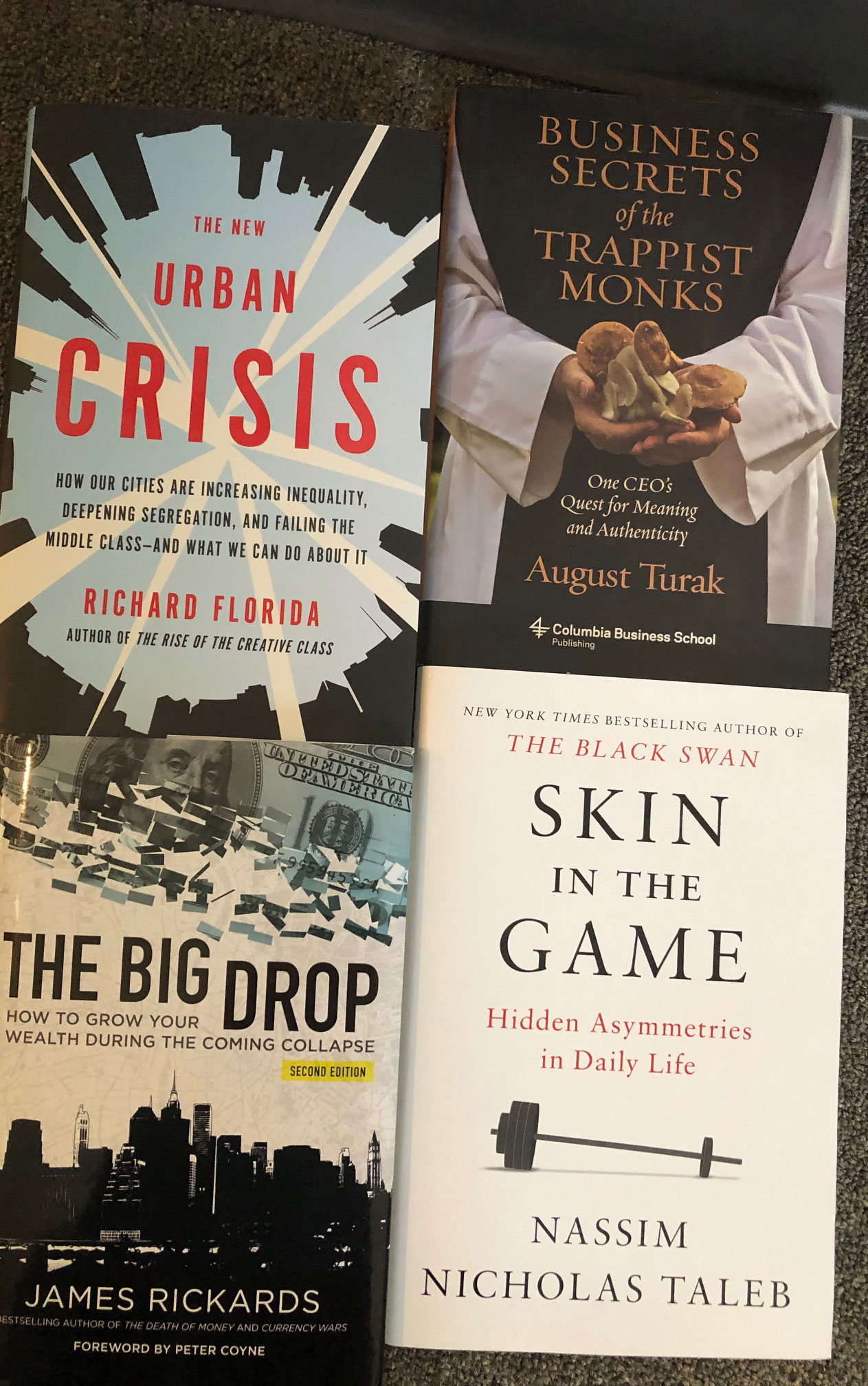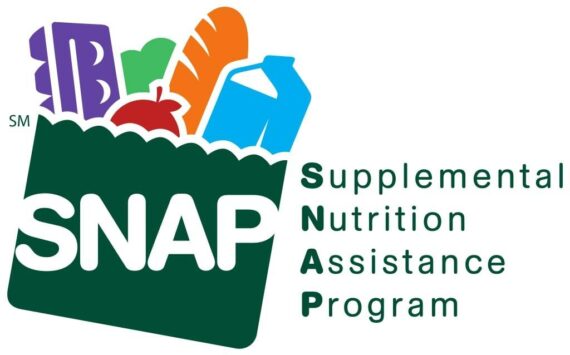By Morf Morford
Tacoma Daily Index
Know anyone addicted to YouTube?
It might be just another barometer of the generational divide that seems to become wider and deeper every day, but a generation embedded in the internet takes YouTube as its most – or only – authoritative source of anything – from how to fix or do anything to “the real” story or “hidden” facts that “they don’t want you to know” about everything from smart phones to cancer.
I would not have believed it possible, but what passes for “news” or even “information” gets more shallow and ridiculous with each passing day.
Wild-eyed conspiracy theories “explain” or “define” almost every aspect of our culture and economy from pizza and 9/11 to mass shootings – and warn us about vaccinations and “inform” us that we have been deceived into believing in a round earth or gravity.
YouTube – and a few YouTube celebrities have made a fortune on our desperation to believe anything except the obvious.
If you’ve ever had the experience of attempting a coherent conversation about a serious topic (like vaccinations) or about something we all take as obvious (like gravity, time zones or the rotation of a globe shaped earth) you realize very quickly that you have entered a zone where nothing is true and no one can be trusted – especially “experts” or people with experience in the field.
The only ones who can be believed are the breathless hosts of YouTube channels and their unnamed sources.
To put it mildly, I have more than a few concerns about this turn of events.
On one hand, this development, or at least this direction, has been the subject of various social critics for forty years or more from Marshall McLuhan’s most widely known work, Understanding Media: The Extensions of Man (1964), Neil Postman’s Amusing Ourselves to Death: Public Discourse in the Age of Show Business (1985) to Chris Hedges or The Shallows: What the Internet Is Doing to Our Brains (2011) by Nicholas Carr.
The premise is very simple, relentless shallow distractions prevent us from serious, effective thought.
One statement I remember from graduate school many years ago is “It would take three minutes of serious thought to solve most of the world’s problems, but serious thought is hard work and three minutes is a long time…”
We are drowning in a morass of “information” even as we have forgotten that to “inform” literally comes from the idea that knowledge is meant to “form” us and our behavior – to “know” something meant that we would incorporate it into our lives and relationships both professional and personal.
Traditional knowledge was to be put into practice, it had an immediate use and a long-standing purpose.


The printed word, for example, which reached its prime in the early to mid-nineteenth century, has a focus on clear, focused thought which built towards a clearly defined and convincing conclusion – or even a call to action.
Modern media, television and even more, the web sell “lifestyles.”
Politics is no longer about a candidate’s ideas and solutions, but whether he comes across favorably – or at least keeps our attention on television or online. Television has given us the phrase “now this,” which implies a complete absence of connection between the separate topics – or even the absolute lack of distinction between a disaster or murder on the nightly news and an advertisement for laundry detergent or car insurance.
It is almost as if the screen veered between a focus on other people (and their weather or tragedies) and the comforts we, the viewers are welcomed to share.
Media also interferes with humanity’s historically essential information-action ratio.
To “know” used to mean to be responsible for it, to be a keeper and user of knowledge.
Modern media has created a species of information that might better be called disinformation—misplaced, irrelevant, fragmented or superficial information that creates the illusion of knowing something but which in fact is a substitute for and leads one away from actual knowing
Politicians in particular, those who we depend upon to make, interpret and enforce our laws have given us, thank to the media, a whole new way of using language; the “word salad” – a barrage of words with no intent except to fill time until an aide or commercial break comes along to rescue the befuddled speaker – and us – from further embarrassment or incrimination.
These politicians, confused and incoherent, are not outliers or aberrations, they represent and embody, for better or worse, with their gibberish and near constant contradictions and denials, represent us.
As one prominent political advisor put it, we are to take current politicians “seriously but not literally.”
A “tax cut”, for example, may or may not be a tax cut for you, or for those who most need it, but someone, somewhere, at some time did, or will receive a cut in their taxes, so the “tax cut” promise was, in spite of appearances, kept.
Much to the amazement of many, including me, there appears to be no bottom to this disintegration of language and civil discourse.
Facebook and YouTube are attempting to rein in this flood of lies and misinformation, but it barely seems possible.
According to the Nielsen company, the average American watches four hours, 46 minutes of TV each day and spends “over 11 hours per day listening to, watching, reading or generally interacting with media.”
Too many of us have abandoned or have become incapable of complex thought. We have become infantilized. Television, including, if not especially, the news, has reduced the immensities of reality – from “late term abortion” to immigration or drug addiction to a childish, cartoonish simplicity best expressed in slogans or 15-second soundbites.
We are awash in pre-digested opinions and few of us have any interest or even ability to question what “they” tell us. Viewing of media is inherently passive, in contrast reading books contributes to better mental health, longer life, a deeper and richer mind and better relationships.
Bill Gates reads a book a week. I can’t think of a better habit.
(1*) As I was writing this, I got an email from “FreedomWire – your number one source for Patriotic Truth” with, yes, a cure for cancer; freeze, thaw and refreeze a glass of tap water. See the video here. If you can’t trust “patriotic truth” who can you trust?
(2*) Especially his recent piece on our unrelenting adulation of electronic images – https://www.truthdig.com/articles/worshipping-the-electronic-image/
(3*) If you question my use of the word “gibberish,” I challenge you to turn on closed captioning the next time you see a politician giving a speech. It will be a revelation.
(4*) https://www.nytimes.com/2019/02/19/technology/youtube-conspiracy-stars.html
(5*) More reasons to read books can be found here – http://mentalfloss.com/article/541158/scientific-reasons-you-should-read-more








